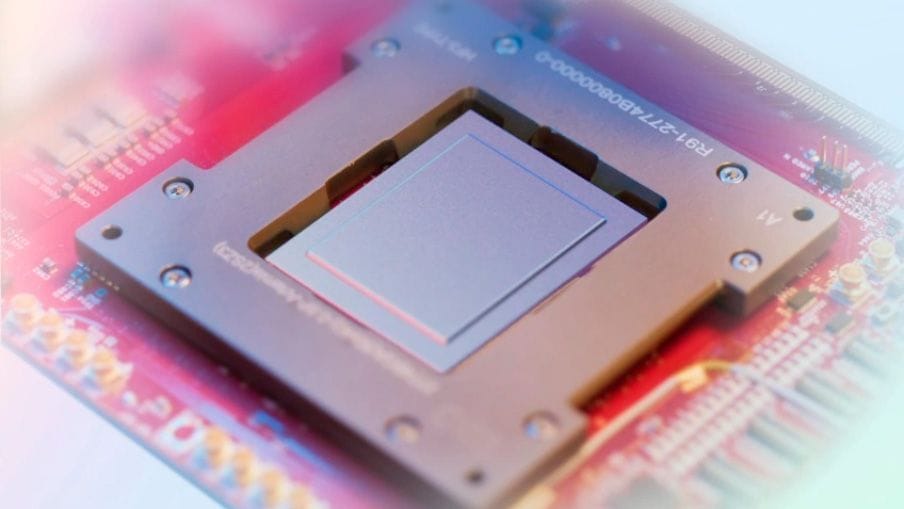Meta tests in-house AI chip to reduce reliance on Nvidia
Meta is testing an in-house AI chip for training models to cut costs and reduce reliance on Nvidia. The chip is currently in a trial phase.

Meta is reportedly testing its own AI chip to train artificial intelligence systems, aiming to reduce its dependence on hardware suppliers like Nvidia. This move could be a game changer for the tech giant, which currently spends billions on third-party processors.
Meta partners with TSMC for AI chip development
According to Reuters, Meta has developed an AI-specific chip with the help of Taiwan Semiconductor Manufacturing Company (TSMC). The company is currently running a small-scale test of the chip, with plans to expand production if the trial proves successful.
Meta has previously created custom AI chips, but only for running models rather than training them. Training AI requires vast computing power, which has historically led the company to rely heavily on Nvidia’s GPUs. However, past attempts to develop AI chips in-house have faced setbacks, with some projects being cancelled or falling short of expectations.
Cost-cutting and independence from Nvidia
Meta is expected to spend around US$65 billion on capital expenditure this year, a large portion of which will go towards Nvidia’s GPUs. By successfully shifting to its own chips, the company could significantly cut costs and gain more control over its AI development.
As AI continues to be a priority for Meta, the success of this chip could mark a major step towards reducing reliance on external suppliers and shaping the future of the company’s AI-driven products.
















